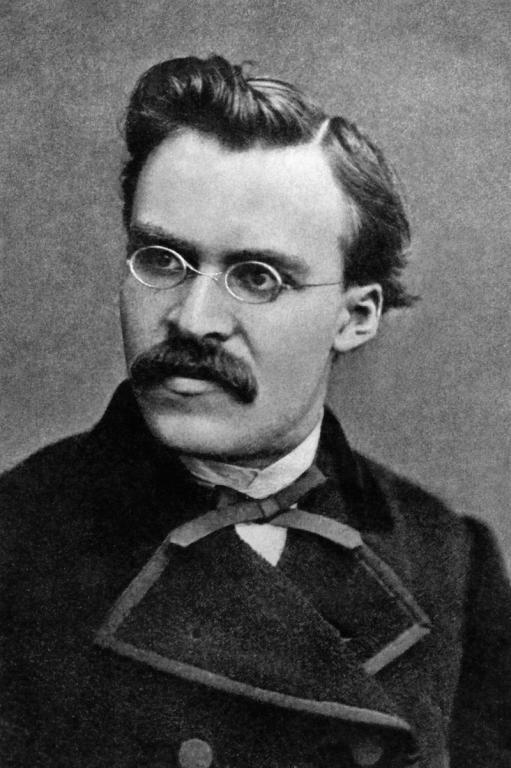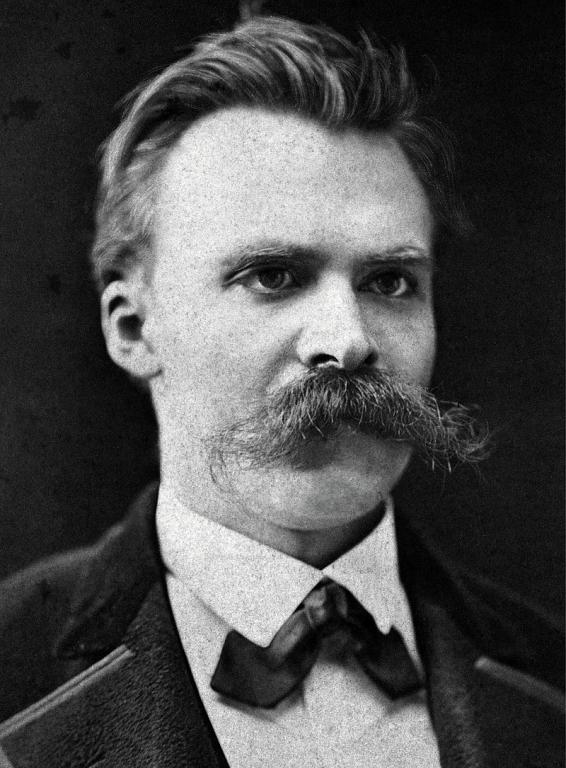Today I want to explore once more the ‘Euthyphro’ [you-thi-fro] problem. Remember, this problem is stated by Socrates as follows: “Are moral things loved by God because they are moral, or are they moral because they are loved by God?”
I mentioned yesterday that we can avoid the problem of the independent standard if we instead say that there is no independent moral standard and that it is God’s will that determines which actions are good. The good actions are good precisely because He has commanded them.
But this answer raises three further problems: the problem of arbitrariness, the problem of triviality, and the problem of abominable commands. As for the problem of arbitrariness, the answer that says that God’s will is what determines goodness seems to make His decision arbitrary – He might just be commanding things on a whim. But this is unsettling because commands that result from whims seem like very poor candidates for morally obligatory statements. Who would want to follow a whimsical deity?
Moreover, there is also the problem of triviality. It might seem attractive to say that God wills what He does because He is good. But this seems to set up something like a tautology – a circular claim. This is because if, as is asserted by Divine Command Theory, the will of God is the source of goodness, then to say that God’s will is good is just to say that God’s will is as He wills it to be. One might hope that Divine Command Theory is about more than just this when it asserts that God is good-willed.
Finally, there is the problem of abominable commands. Suppose that it is God’s will that determines what actions are good, and that there is no such thing as an independent moral standard to shape what God decides to command. Then it seems as though God could have told us to murder, steal, exploit, rape, and so forth, and such activities would have to have been considered good. This violates our most basic moral sensibilities. Divine Command Theory appears to suggest that if God had willed things differently, then actions that by our most basic moral sensibilities are good might in fact be bad.
Don’t give up! We’ll try to settle the Euthyphro problem tomorrow.











